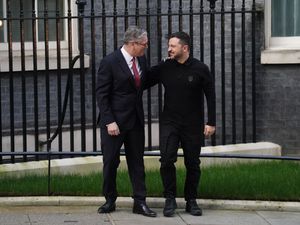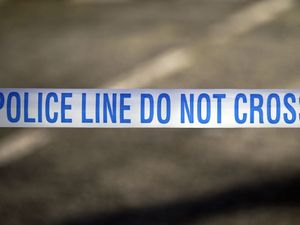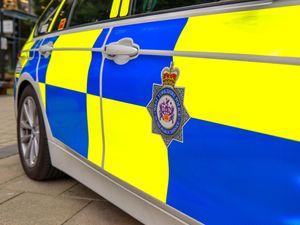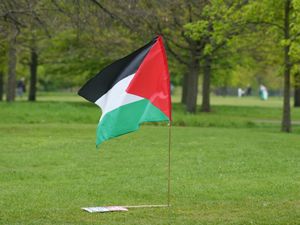What are the changing Covid rules across the UK as Omicron spreads?
What are the rules and outlook for each of the four nations?
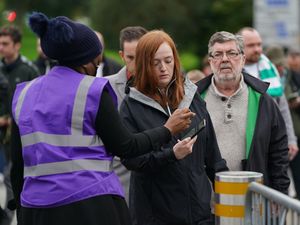
As the Omicron coronavirus variant spreads, each of the four UK nations are reacting differently.
However, leaders are also echoing similar messages about stepping up their vaccination programmes.
Here are the rules and outlook for each of the countries:
– What’s the situation in England?
England has the most relaxed rules in the UK at the moment, with the introduction of new restrictions following a vote by MPs in Parliament.
The measures, including Covid passes for entry into nightclubs and other venues, passed the Commons with the support of Labour, who back tighter controls.
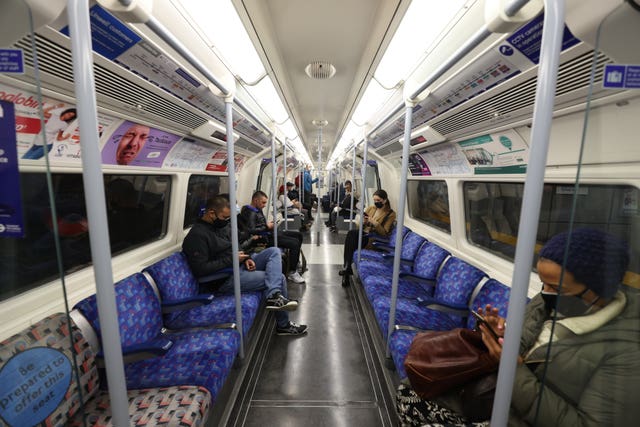
It is now mandatory for nightclubs and large venues to check the Covid status of visitors over 18 from Wednesday.
People will have to show proof of being double-vaccinated or of a negative Covid test.
This applies to indoor events with 500 or more attendees where people are likely to stand or move around, such as music venues, outdoor events with 4,000 or more attendees, such as music festivals, and any events with 10,000 or more attendees, whether indoor or outdoor, such as sports stadiums.
Face coverings have also been made compulsory in most indoor public venues, as well as on public transport, and people have been told to work from home if they can.
Boris Johnson has also ramped up the booster jab campaign with a new target meaning people 18 and over will be able to get their third jabs from this week.
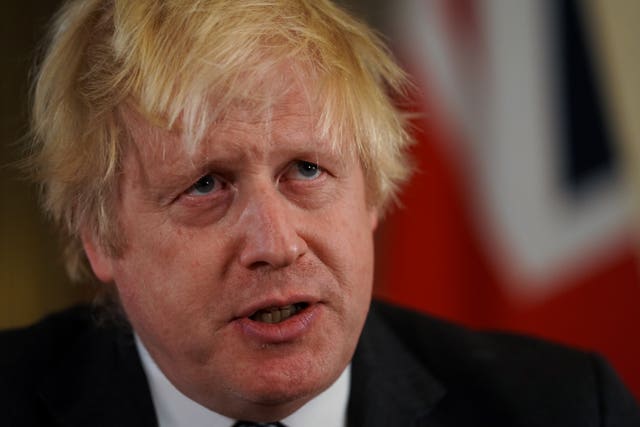
– How about Scotland?
Nicola Sturgeon has urged people across Scotland to limit their socialising to three households before and after Christmas to help combat the spread of the Omicron variant.
Scotland’s First Minister stressed she was “not asking anyone to cancel Christmas”, but advised people to limit their socialising either side of the holiday.
Ms Sturgeon stressed it is merely advice and not a legal requirement.
It was also announced that allowing staff to work from home where possible will again become a legal duty on employers.
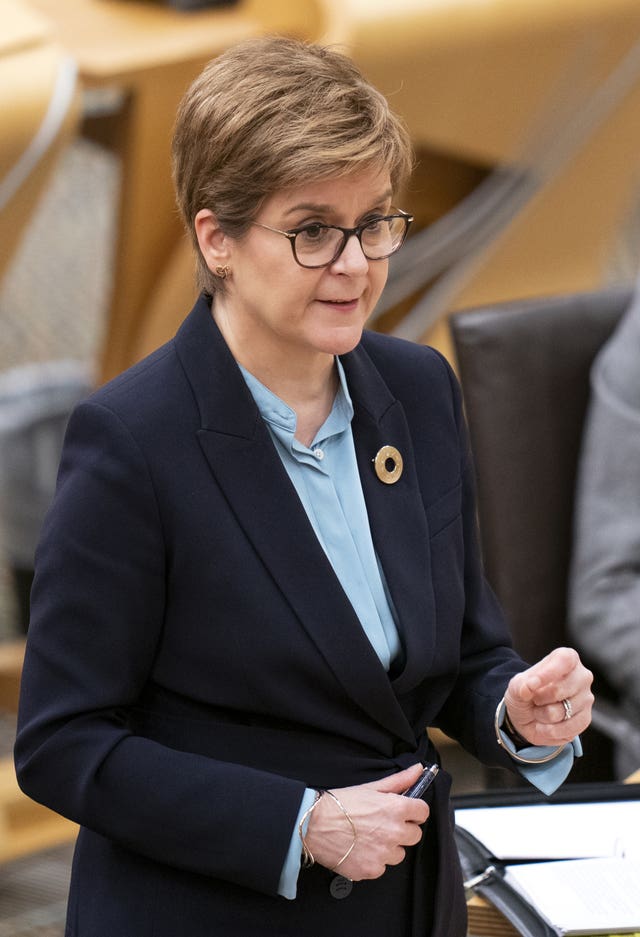
Ms Sturgeon said other announcements for businesses include “a return to the kind of protections in place at the start of the pandemic” to avoid crowding, such as physical distancing and table service in bars.
All over-18s should be able to book their booster jab appointments online from Wednesday with the programme taking priority over the flu vaccine.
Care home visits have also been limited to two households, with all visitors asked to take a coronavirus test before attending.
– What is happening in Wales?
Wales’ health minister has warned people to prepare for more restrictions in the coming weeks, with the Government “currently not taking anything off the table”.
The country’s health officials aim is to offer all eligible adults the vaccine by the end of December, with appointments to be scheduled into the new year.
Dr Gill Richardson, from Public Health Wales, said the NHS Covid Pass which allows people in Wales to show their double vaccination status and test results may have to be reviewed in light of the ramping up of the booster programme.
On education, the situation is under review after two councils, Denbighshire and Anglesey, decided to close schools early on December 17, with students moved to online learning for the last days of term.
First Minister Mark Drakeford said that further restrictions could be possible after the Christmas break when children are not in school and government offices are closed.
– What is Northern Ireland doing?
A scheme, which requires people to prove Covid status to gain entry to a range of hospitality venues and large-attendance events, will be made mandatory.
Those wishing to access nightclubs, pubs, restaurants and other licensed premises will need to provide proof of vaccination or a negative lateral flow test result or evidence of a previous Covid-19 infection.
The same rules will apply for entry to large indoor and outdoor events, such as concerts and sporting events.

